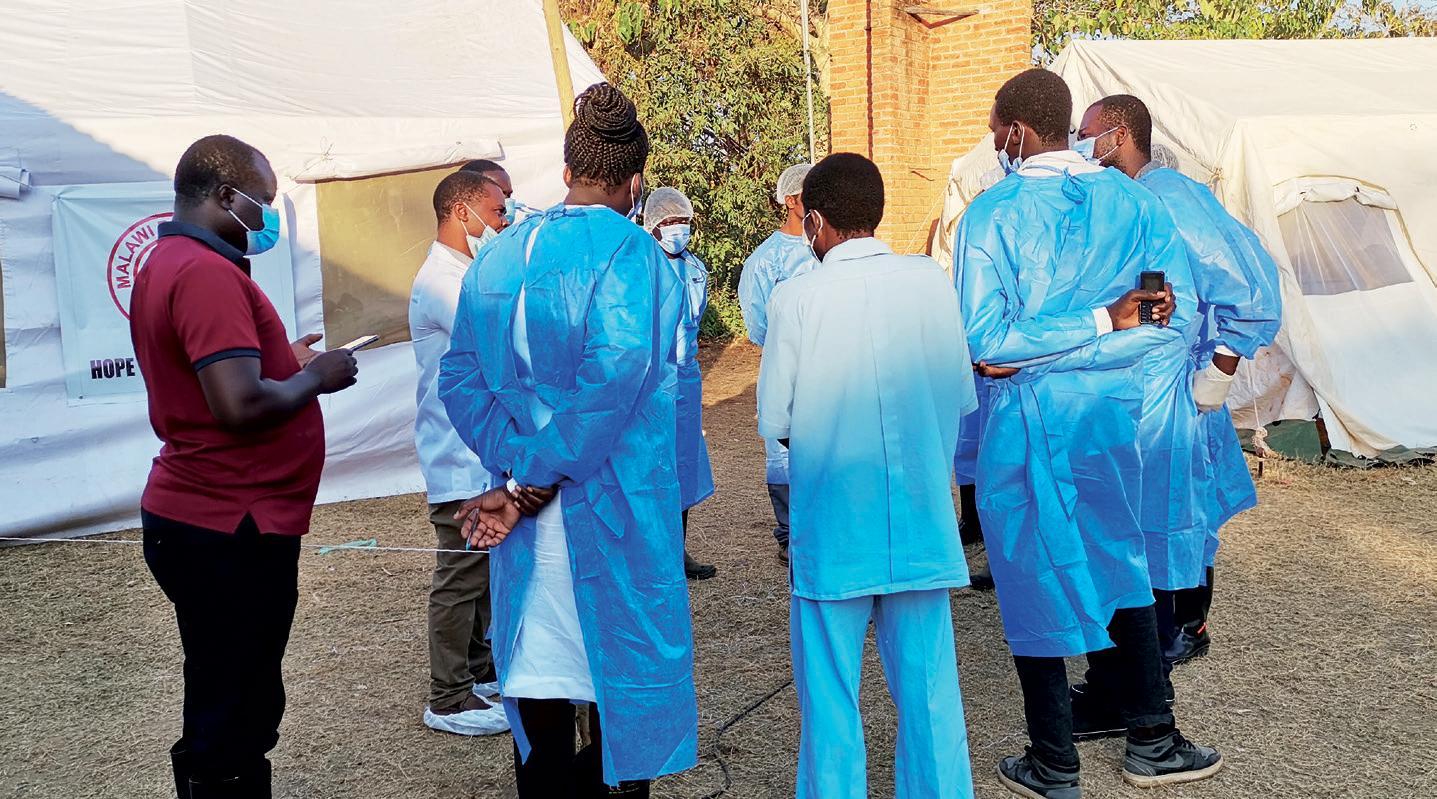Africa-Press – Malawi. Malawi faces a total funding gap of $1.2 billion (K2.1 trillion) to implement universal health coverage by 2030.
The total budget needed is $1.8 billion.
So far, the country has just funded $0.5 billion (about K500 million).
Malawi Health Sector Strategic Plan (HSSP III) indicative funding gap by pillar in 2022-2023 financial year shows that the ministry needs at least $1.8 billion (K3.151 trillion).
The plan outlines the objectives, strategies and activities needed to build upon progress during implementation of the HSSP III and accelerate Malawi’s progress in achieving Universal Coverage targets by 2030.
Kandodo ChipondaIn her foreword in the plan, Minister of Health Khumbize Kandodo Chiponda says the HSSP III has placed communities at the heart of service provision through the reform on integrated platforms of care that will aim to achieve holistic and client focused care.
The plan also aims to empower communities to take charge of their health through the introduction of equitable and community led domestic health financing mechanisms.
Principal economist in the Ministry of Health, Twaibu Ali, said the implementation of the strategy comes at a critical time when Malawi’s donors are freezing aid and population continues rising amidst free healthcare services.
He said against this background, the ministry came up with a National Health Financing Strategy, which according to Ali, is already facing challenges.
The strategy says the ministry has to contend with drug shortages, poor equipment and infrastructure, high vacancies rates, lack of digital solutions and poor living conditions of Malawians.
Other challenges as stated in the strategy include aid freeze by the development partners; development partners reluctance to use a simple pool; political decision on establishment of a health fund; defining conditions for free access of health services which remains politically sensitive; weak regulations to support health financing reforms and institutional gaps in the public finance management
Ali said Malawi needs to make a strong decision whether to continue with free health services or charge a cost to the services.
Within the strategy, the ministry recommended to have a health fund to mobilise its own resources towards the HSSPIII plan. These funds will not go into Account Number One.
The proposal to have the fund was submitted to the Treasury in 2024 but the Treasury has not yet approved the fund
He said among others the fund would mobilise resources through earmarked taxes like levies on beer, tobacco; private sector engagement; having voluntary health insurance and having optional paying services.
According to the Health Financing Strategy, of the 21 million people in Malawi, 71 percent live below poverty line, 84 percent live in rural areas, and that there is a high prevalence of diseases with 50 percent being preventable ones.
The strategy also says life expectancy in Malawi is at 64 years.
Further, while Malawi promotes free healthcare, 55 percent of financing comes from development partners.
For More News And Analysis About Malawi Follow Africa-Press






